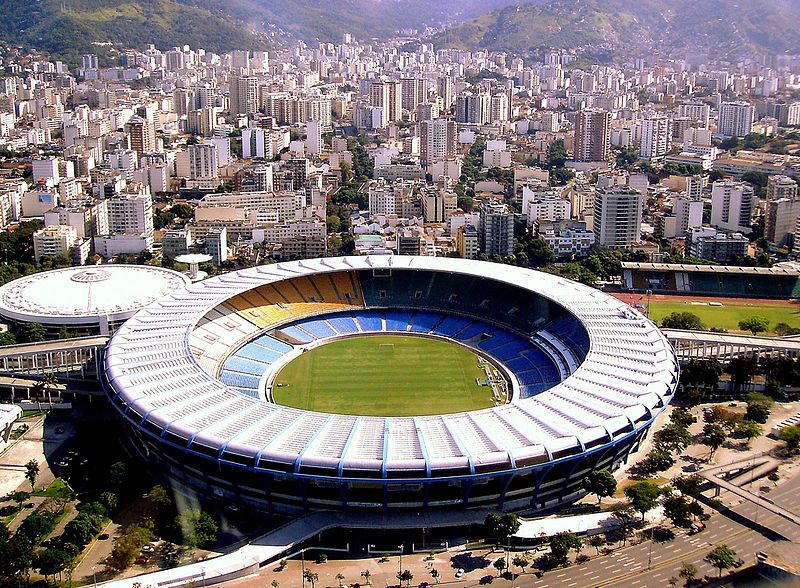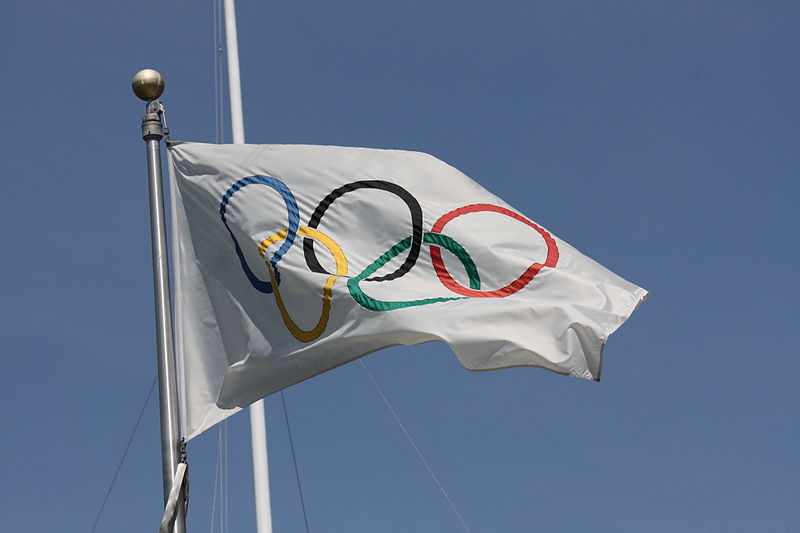UNEP and Rio Olympics committee working for green 2016 Summer Games
UN Environment Programme and the 2016 Olympics and Paralympics Organizing Committee developing Rio 2016 Sustainability Management Plan in partnership with Brazilian government

New sustainability measures agreed by the UN Environment Programme (UNEP) and the 2016 Olympics and Paralympics Organizing Committee will be introduced to support the greening of the Rio Summer Games.
UNEP will support bring technical expertise to the partnership and will also be facilitating multi-stakeholder dialogues and action. They will also assist in the development and implementation of the Rio 2016 Sustainability Management Plan in partnership with local and national government in Brazil.
The Rio 2016 President, Mr. Carlos Arthur Nuzman, has stated that 'Sports can and should play a leading role in the promotion of a more sustainable world. Since the 1992 United Nations Conference on Environment and Development in Rio, the Olympic movement's environmental awareness has grown. Our goal is to integrate sustainability into all dimensions of the Rio 2016 Summer Olympics and Paralympics Games and thus create a legacy for all society.'
And UNEP's Representative in Brazil, Denise Hamú, said, 'Sports and the environment are powerful tools for sustainable development and so UNEP has worked in partnership with the Olympic Movement over the last two decades. She added, 'An event the size of the Olympic Games is an excellent opportunity to implement and disseminate sustainable practices. This is the first time that the Olympics will be organized in South America, a crucial region for biodiversity conservation that has a vocation for developing low-carbon economies.'
The Rio 2016 Games are organized around four principles for managing sustainability in events: responsibility, inclusion, integrity and transparency. These principles were set forth in the Rio Olympic and Paralympic Games Candidate Application, which served as a starting point to develop the Sustainable Management Plan.
The bid application for the games identified three pillars for sustainability: Planet, People, Prosperity. Each pillar consists of the following nine themes including Transport and Logistics, Sustainable Design and Construction, Conservation and Environmental Restoration, and Waste Management.
In 1999, the International Olympic Committee (IOC) introduced its own Agenda 21 to integrate sustainability principles into its operations.
UNEP has a longstanding collaboration with the IOC in the greening of the Games that spans Athens 2004, Torino 2006, Beijing 2008 and Vancouver 2010.
UNEP has also provided a raft of recommendations to the Organizing Committee of the Sochi 2014 Olympic Games to provide guidance on the integration of environmental considerations in the preparation and staging of the games.






